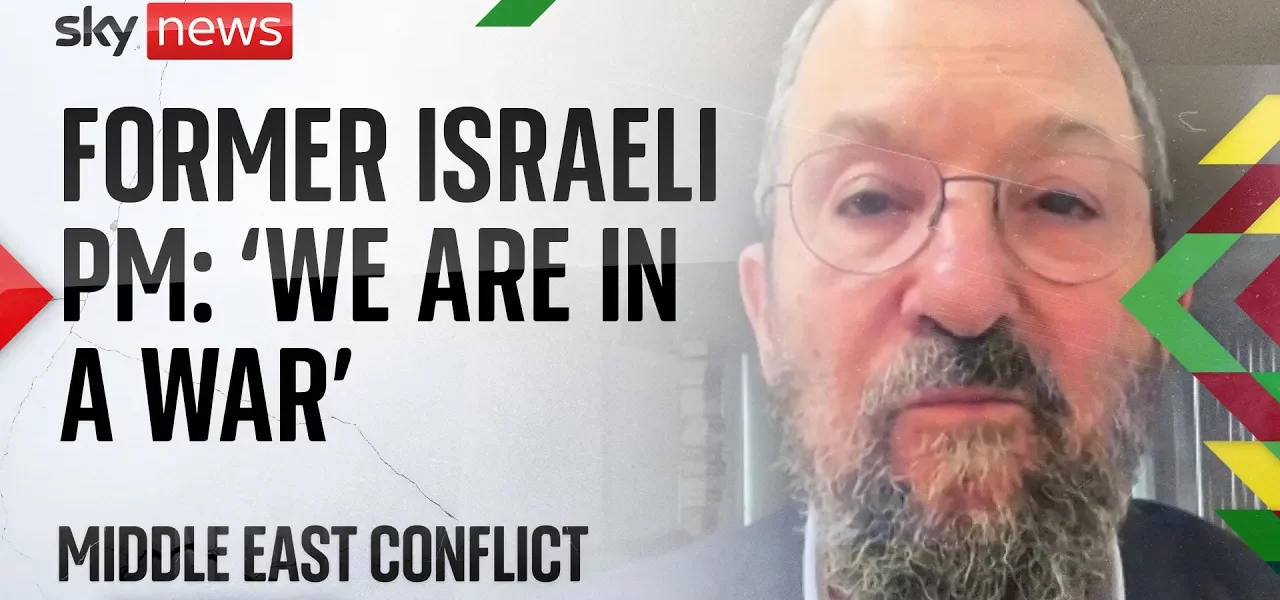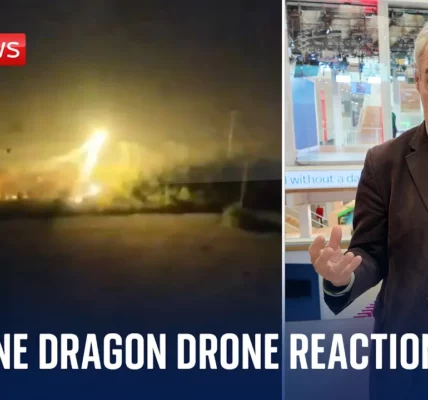Is an All-Out War with Iran Now Inevitable?

This article delves into the escalating tensions between Israel and Iran, discussing military strategies, the potential for conflict, and the implications for regional stability.
Introduction
The geopolitical landscape of the Middle East has been fraught with conflict for decades, and the recent hostilities between Israel and Iran have brought the prospect of an all-out war into sharp focus. As both nations engage in provocative military actions, the question remains: Is a full-scale war inevitable? While the situation is dynamic and ever-changing, there are several factors and strategic decisions to consider that may influence the trajectory of this conflict.
Current Military Tensions
Recent events have escalated tensions dramatically, particularly with the launch of ballistic missile attacks and military responses.
Ballistic Missile Attacks
It is unprecedented for any modern country to endure the scale of ballistic missile attacks that Israel has faced, with reports indicating up to 200 missiles launched within a single hour. This tactic showcases Iran’s military capabilities and their strategic goal of overwhelming Israel’s defense systems.
Israel’s Strategic Response
In response to these provocations, Israel has indicated a need to retaliate decisively. Potential military actions may include:
- Targeted strikes on Iranian military installations.
- Disruption of Iran’s infrastructure, including oil production and power plants.
- Efforts to undermine Iran’s nuclear capabilities.
Assessing the Risk of Escalation
The risk of escalation into a full-blown war is a concern for military analysts and political leaders alike. However, several factors could prevent an all-out conflict.
Historical Context of Military Engagement
Historically, military engagements in the region have often followed a roller coaster pattern, where periods of intense conflict are followed by relative calm. This cyclical nature suggests that while tensions are high, they may not necessarily lead to a sustained war.
Israel’s Military Superiority
Israel’s military capabilities, particularly in air defense and intelligence, provide a significant advantage. Even with Iran’s missile capabilities, Israel’s preparedness may deter further escalations.
Political Dynamics and Leadership
The political context surrounding the conflict plays a crucial role in shaping military strategies and public perceptions.
Benjamin Netanyahu’s Leadership
Prime Minister Netanyahu’s leadership style and decisions have come under scrutiny. His focus on military actions might be seen as a strategy to consolidate power amidst domestic challenges.
Regional Implications
The conflict between Israel and Iran also has broader implications for the Middle East. Neighboring countries are closely watching these developments, which could influence their own security policies and alignments.
Conclusion
In summary, while the potential for an all-out war between Israel and Iran looms large, various factors may influence the outcome. Military responses, political leadership, and regional dynamics all play critical roles in determining whether this conflict will escalate into a full-scale war. As the situation continues to evolve, it remains imperative for analysts and policymakers to monitor developments closely. To stay informed on this topic, consider exploring related articles on regional security and military strategies in the Middle East.
“`




